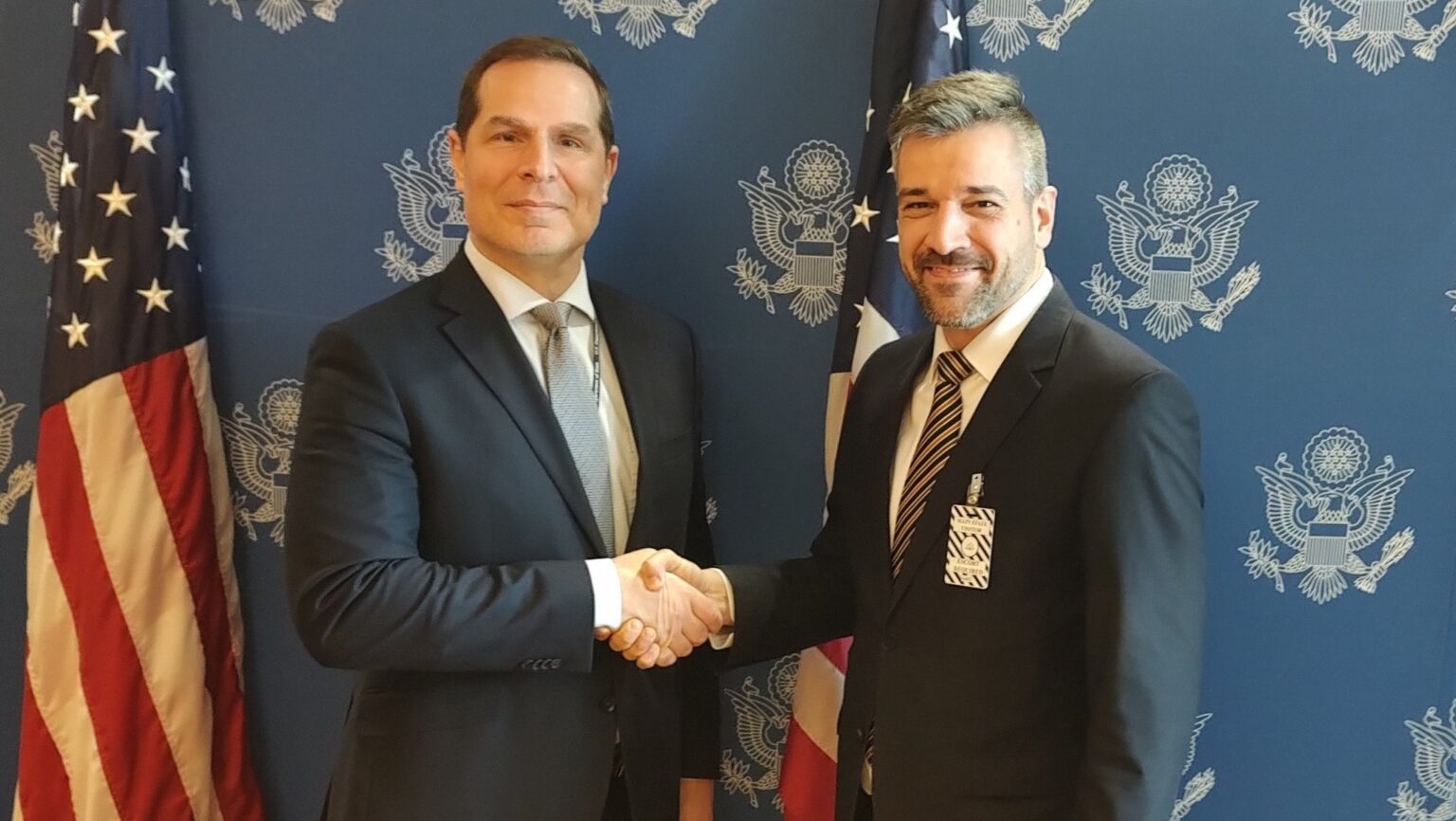
All USAID contracts in Hungary have been terminated after Hungarian Government Commissioner András László met with the agency’s newly appointed head, Peter Marocco, in Washington. László’s task is to investigate USAID funding channelled to Hungarian NGOs and media outlets, aiming to curb foreign influence ahead of the 2026 parliamentary elections.
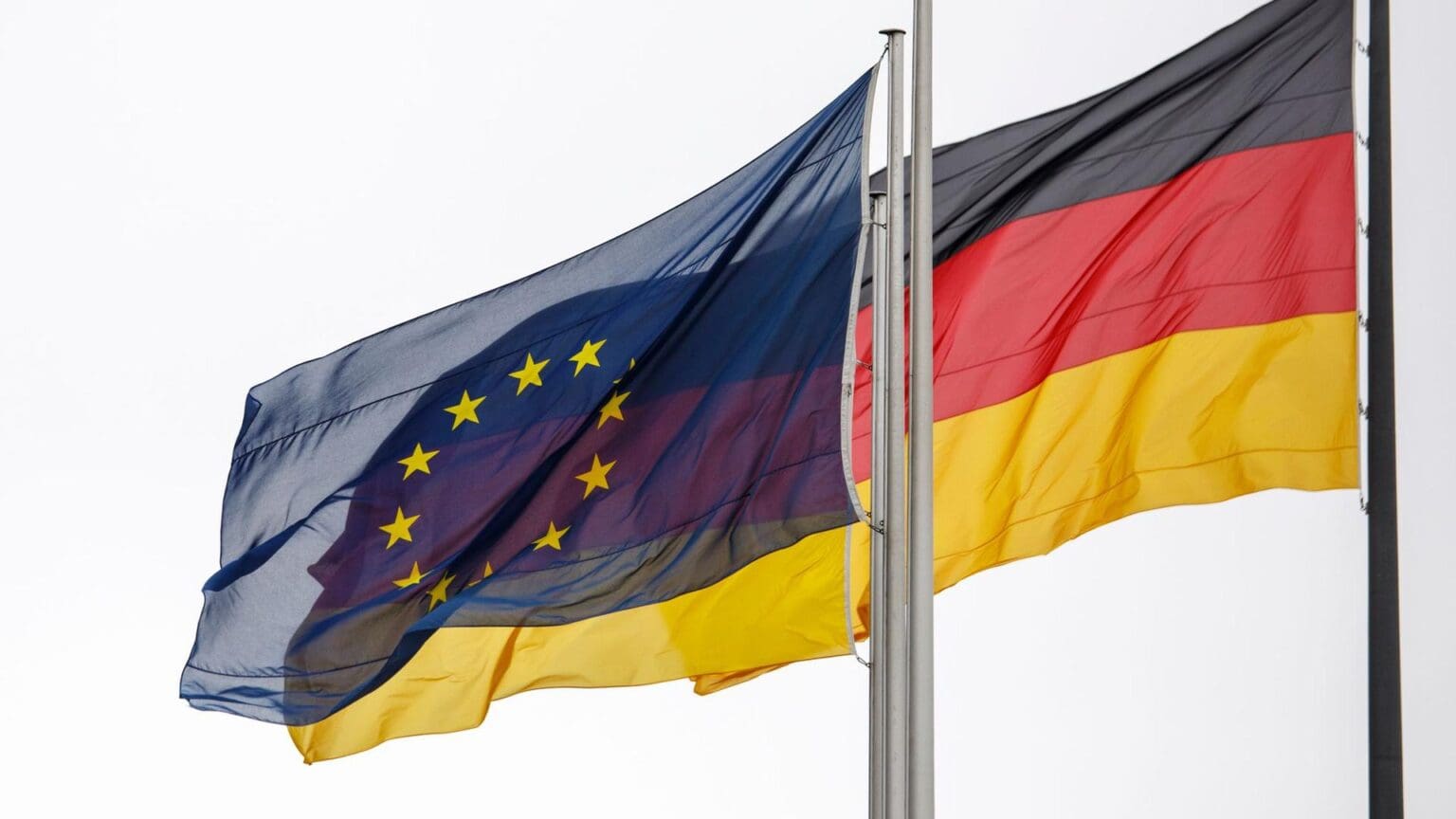
‘While the current US administration has acknowledged that Ukraine is neither militarily nor economically capable of overpowering Russia in a prolonged conflict, Berlin still regards Western involvement in Ukraine as a success. From the outset, however, Western analysis significantly underestimated Russia’s capacity for resilience.’
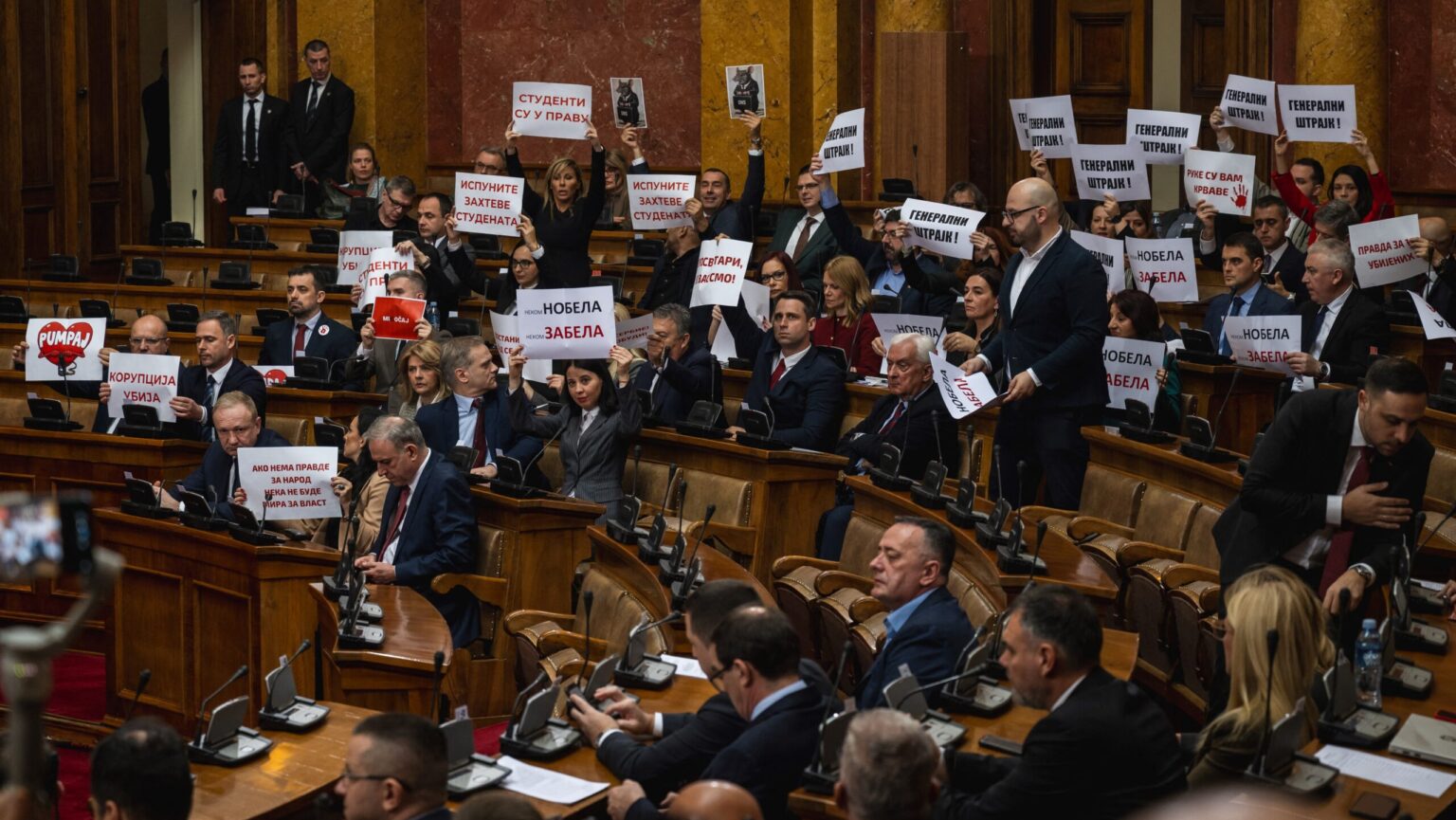
4 March will be considered a dark day in the history of modern Serbian democracy. During the first day of the spring session, opposition politicians threw smoke bombs and flares in the building, sabotaging key reforms regarding months-long anti-government protests. The chaotic events fit in a regional pattern of destabilization efforts concerning patriotic governments, including Hungary and Slovakia.
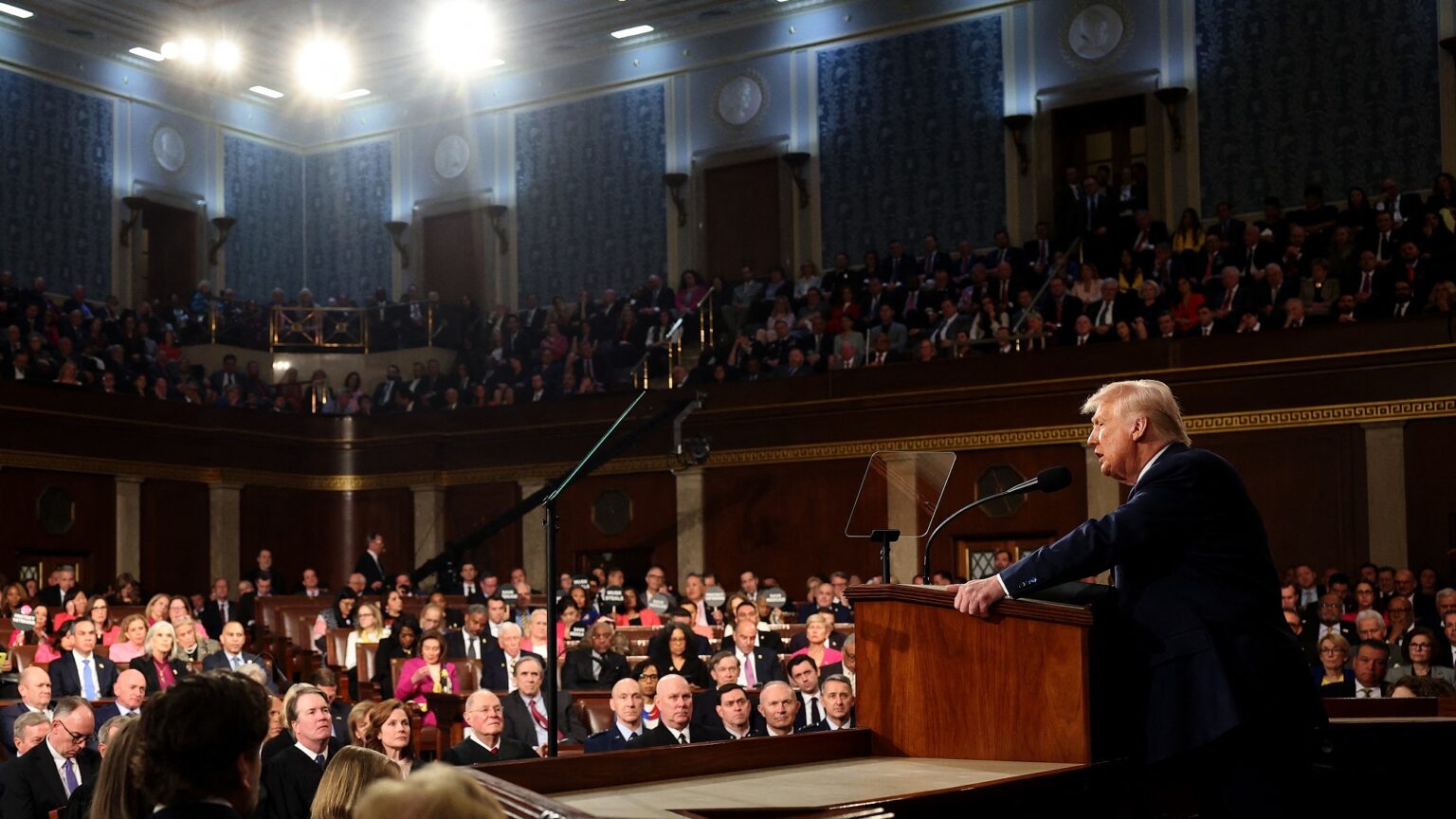
In his Joint Address to Congress, President Trump laid out what he had achieved so far in the short time into his second term, such as pushing illegal crossings down to record lows and eliminating wasteful spending by the government. In his overzealous protest, Democrat Congressman Al Green had to be removed from the Chamber by force.
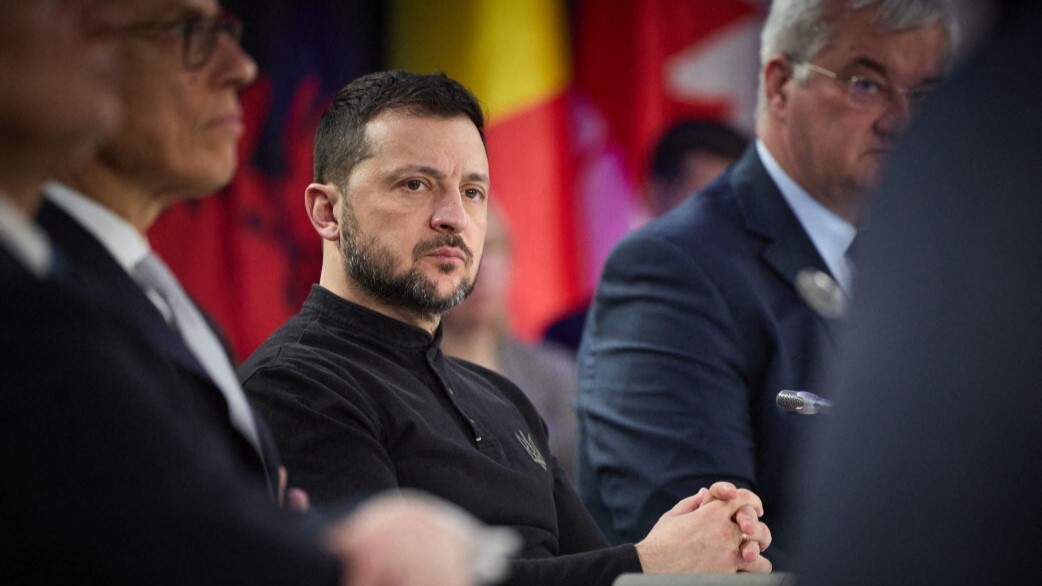
‘Now, that the new US administration is very clearly pursuing a different policy on Ukraine compared to its predecessor’s, Europe’s attitude should adapt too. The fact that European leaders’ messages after Friday do not signal any change in the EU’s policy demonstrates that Europe is unable or unwilling to realize that…the only way forward is to end the war on the Eastern front as soon as possible.’
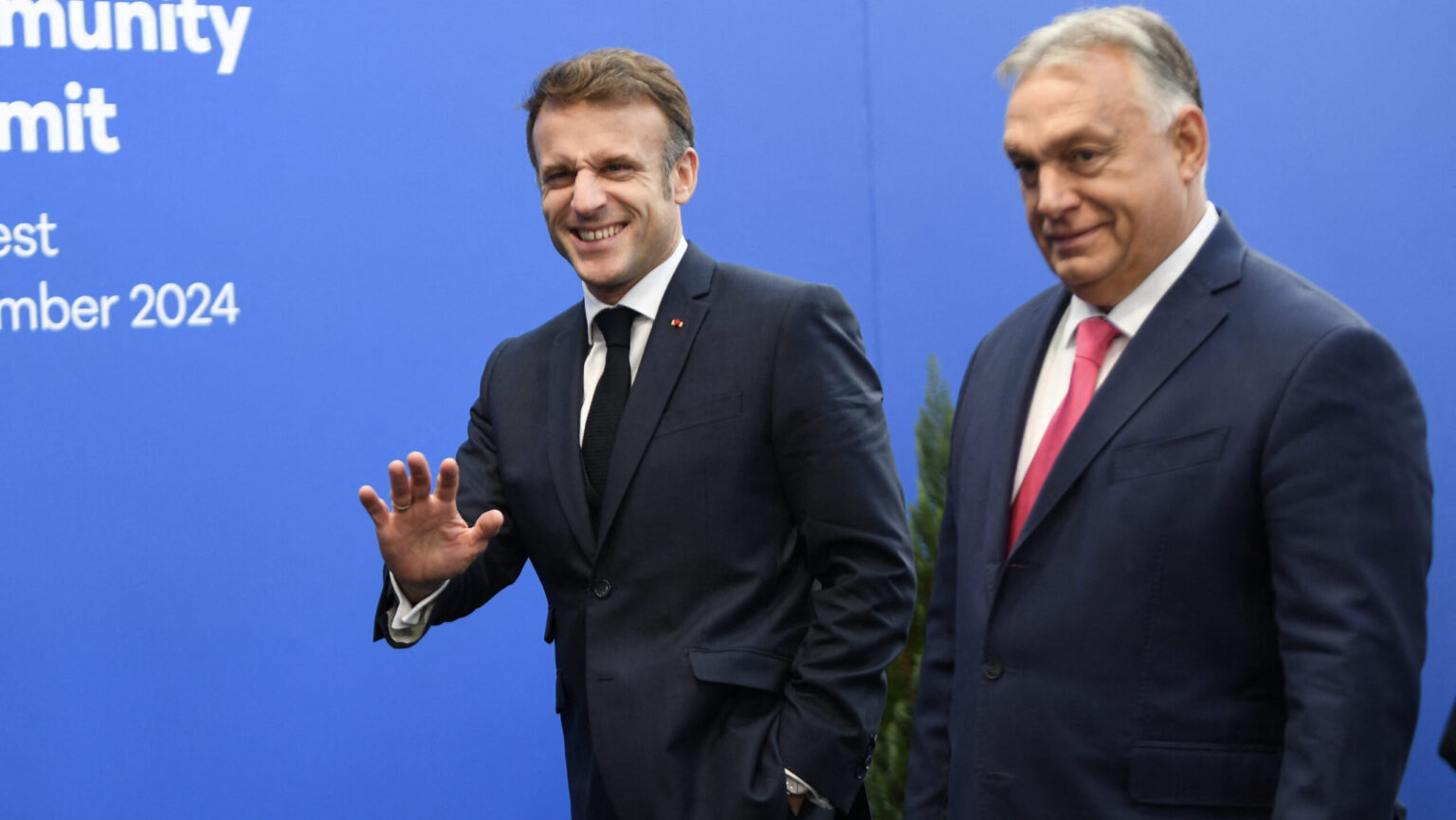
Hungarian Prime Minister Viktor Orbán is travelling to Paris to meet French President Emmanuel Macron for bilateral talks on Ukraine, as European leaders prepare for a decisive emergency summit on Thursday. While Europe has attempted to signal its readiness to fill the void left by Donald Trump’s halt on all military aid to Ukraine, Volodymyr Zelenskyy appears to prefer Washington’s support.
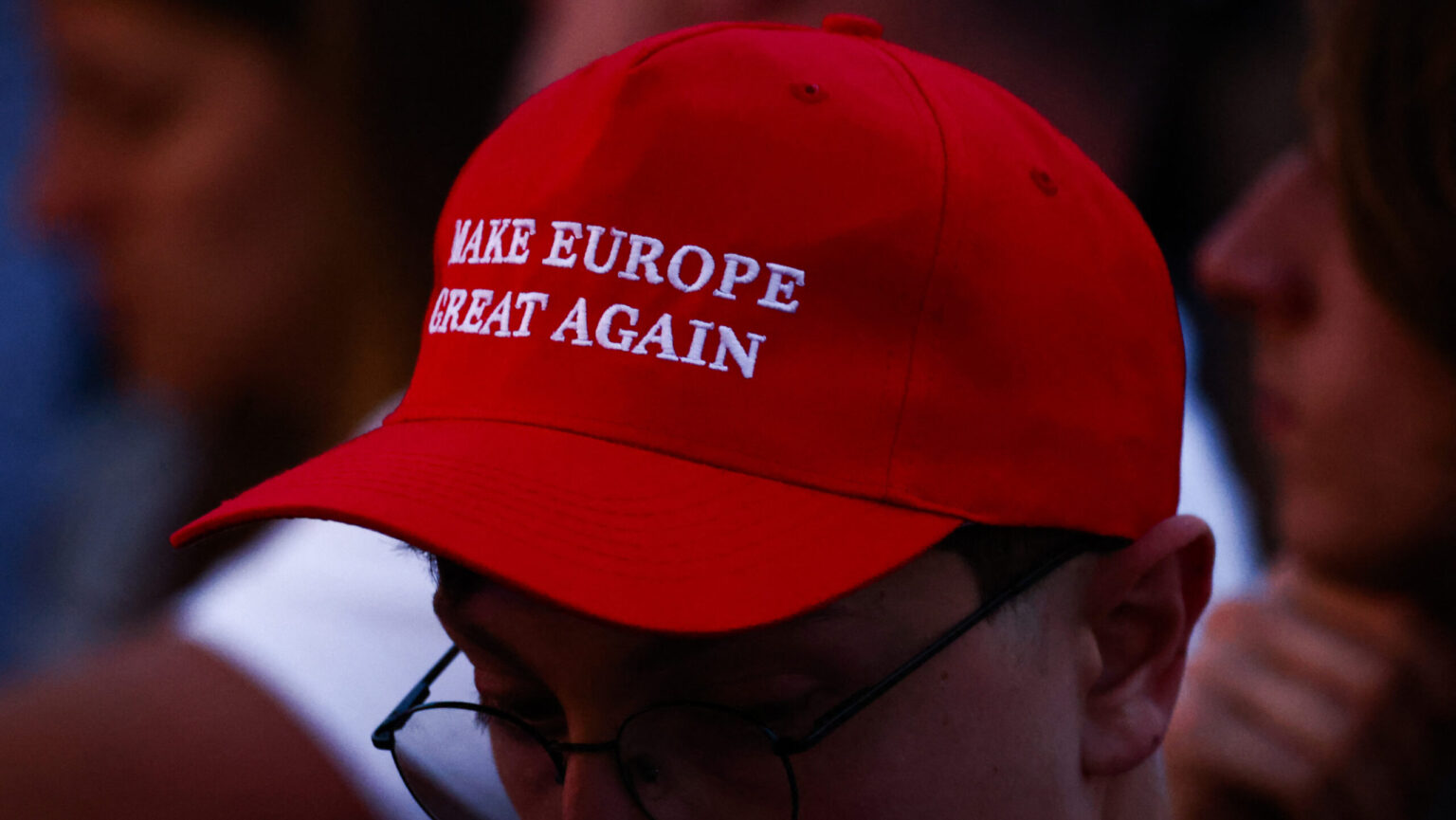
‘There is a war in European territory that the elites ruling our continent do not seem eager to end. Its bureaucracy is ever-expanding and forcibly imposing its policies on sovereign peoples. The continent is being crushed by over-regulation, taxation, and centralization of the capital, means of production and decision-making by unelected individuals who are unaccountable for their actions.’
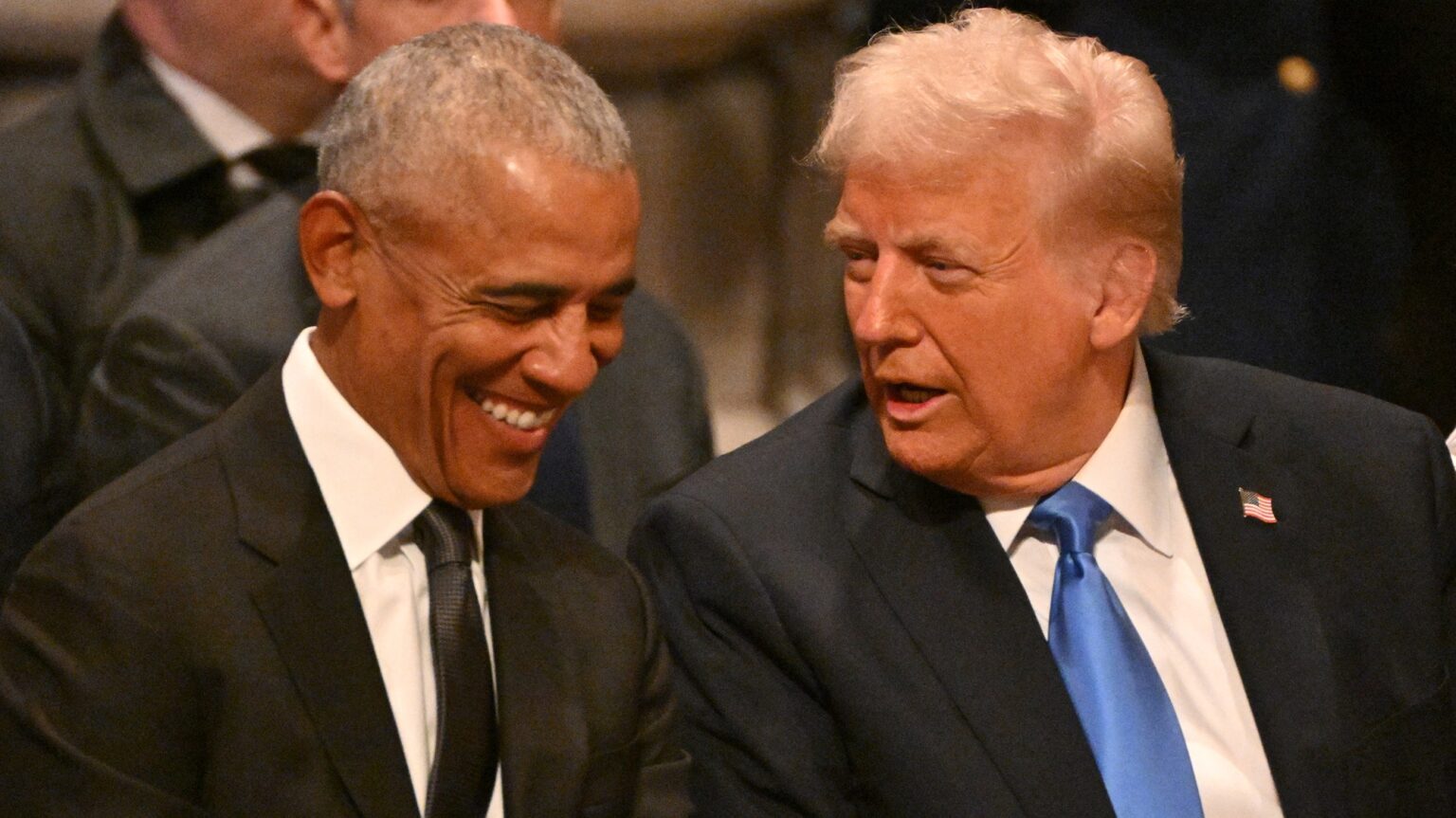
According to AtlasIntel, the most accurate pollster in the last three national US elections, President Trump is more popular among Americans than President Obama. Trump’s favourability stands at 50 per cent, while President Obama’s stands at 47 per cent.
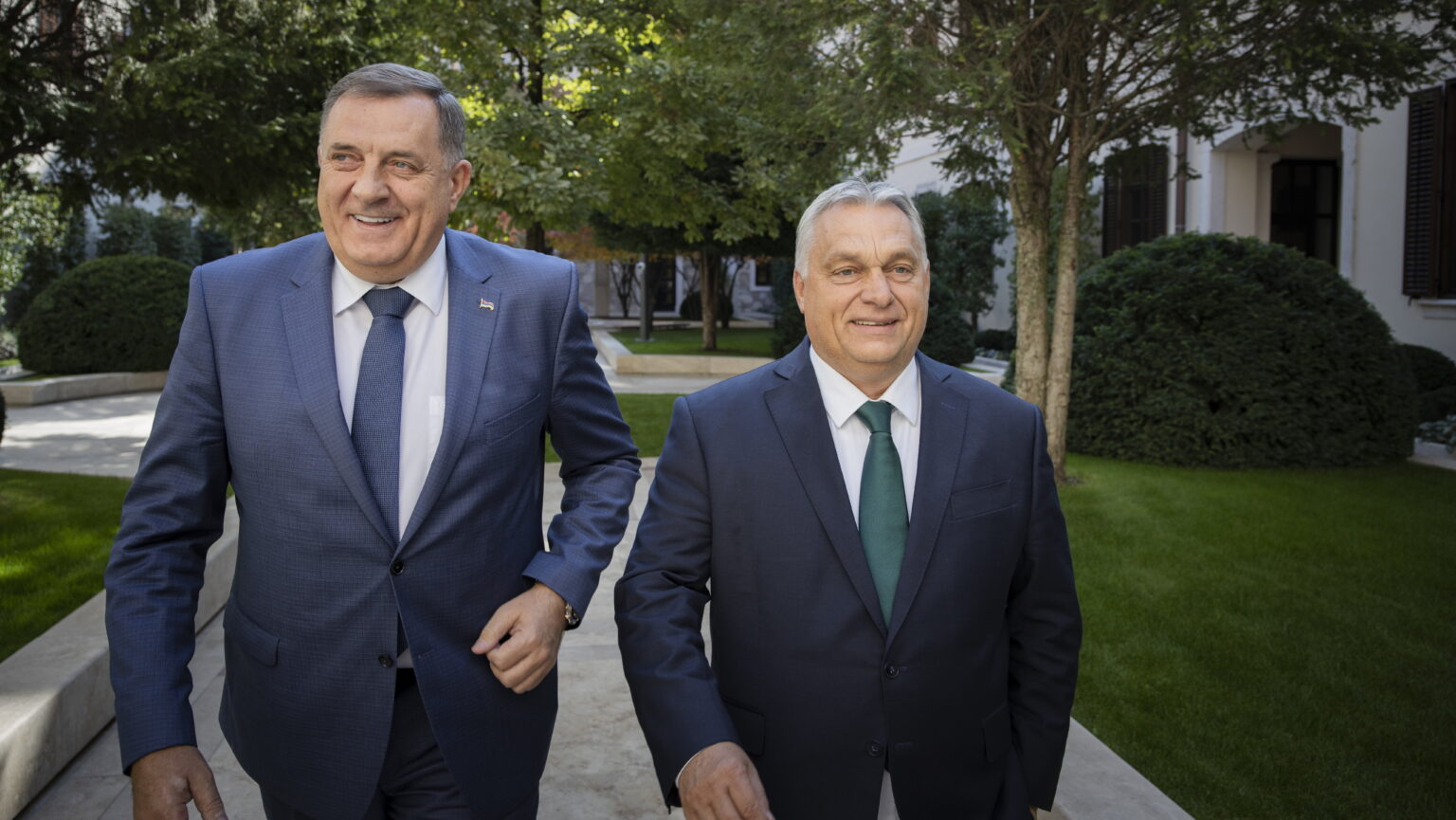
The Hungarian Foreign Ministry’s plane was denied landing in Sarajevo following a decision by Bosnian Defence Minister Zukan Helez. Helez cited Hungarian Prime Minister Viktor Orbán’s continued support for Milorad Dodik, leader of Republika Srpska. Dodik was sentenced to one year in prison last week on politically motivated grounds.
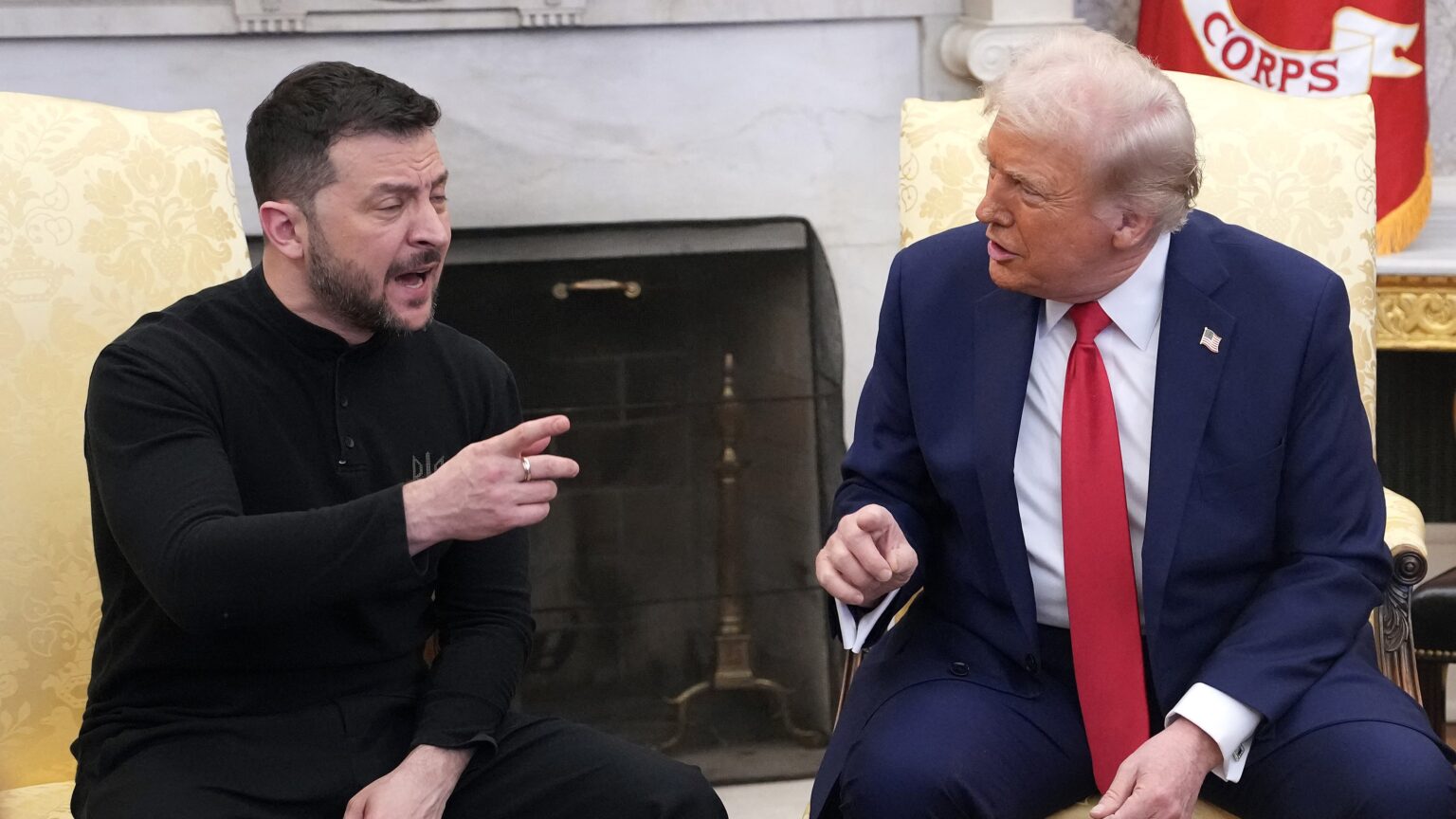
‘It is true that it seemed as if both Trump and Vance berated Zelenskyy as if he were a child who refused to do his homework, saying that he was not grateful enough for U.S. aid. And I do not wish to exonerate their behavior, either, but one has to place things into context: it was Zelenskyy who sparked the fire.’
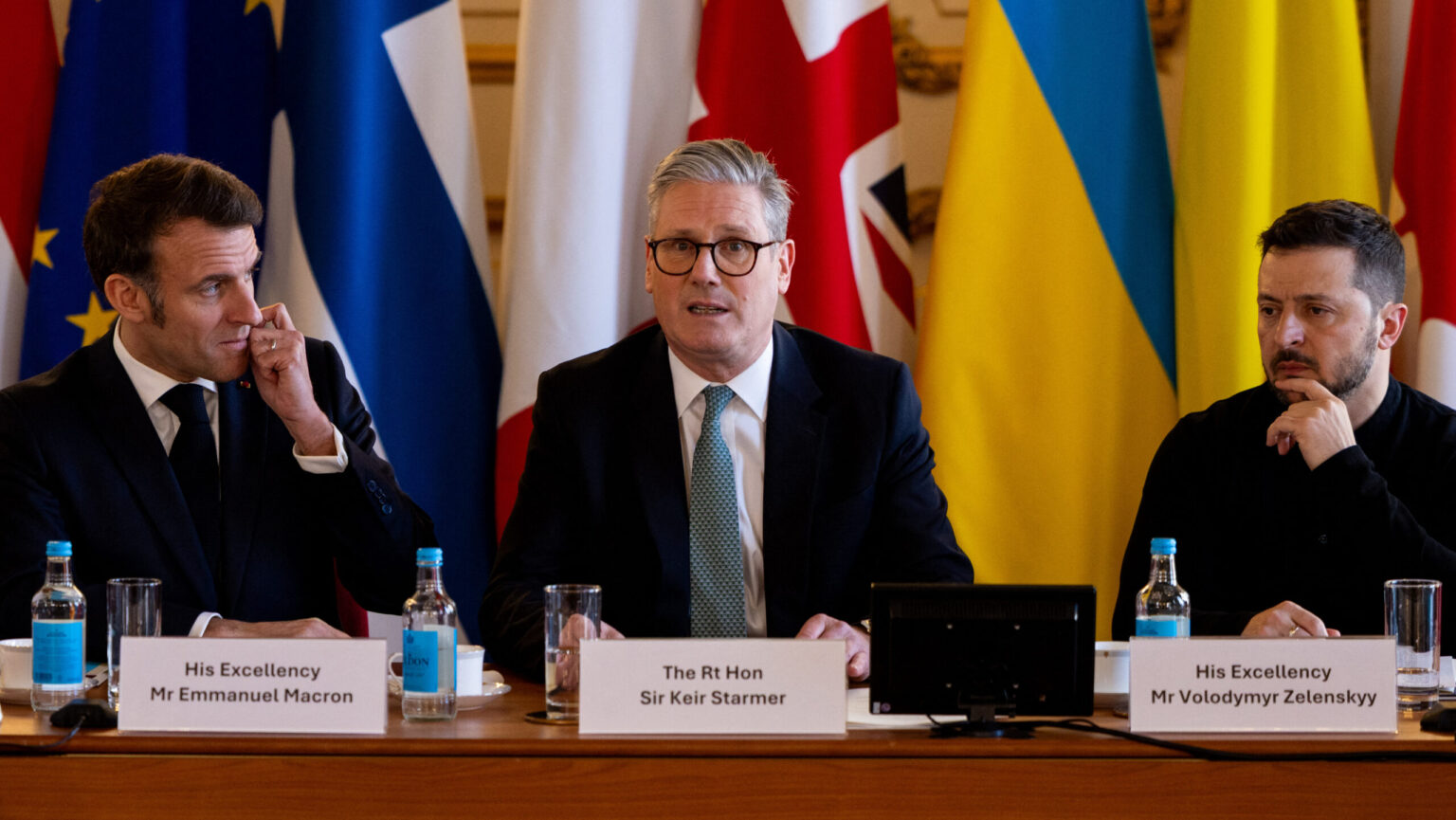
US President Donald Trump has moved to halt all military aid to Ukraine following a heated clash with his Ukrainian counterpart in the Oval Office on Friday. The decision comes as European leaders prepare to meet on Thursday to determine the EU’s strategy, with an overwhelming majority favouring continued military support over peace negotiations.
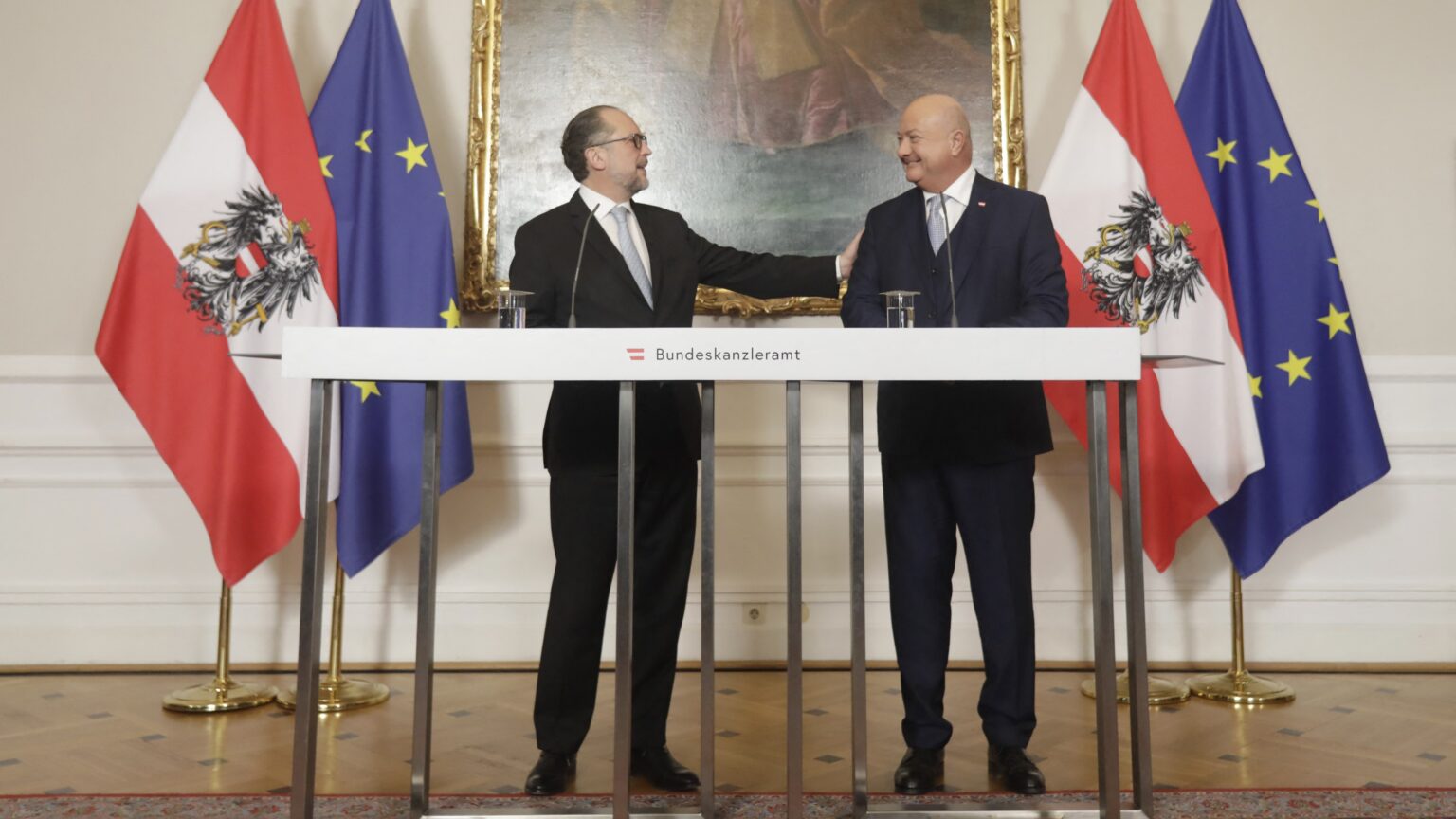
‘Stocker’s old-fashioned, almost managerial Christian democratic character and his almost accidental path to the Chancellorship add to the contradiction between the electoral results and the resulting government…it is undeniable that voters have overwhelmingly rejected the previous ÖVP–Green coalition, with both parties suffering major losses, and voted for change rather than continuity.’

‘Although Hamas claimed that Ariel and Kfir were killed in an Israeli airstrike, the IDF revealed that the two little boys did not die of malnutrition and were apparently murdered. Ben Shapiro highlighted in his opinion article: “Hamas mutilated the bodies to make it look as though they were not, in fact, beaten or strangled to death. Remember, they were taken by Gazan civilians.”’
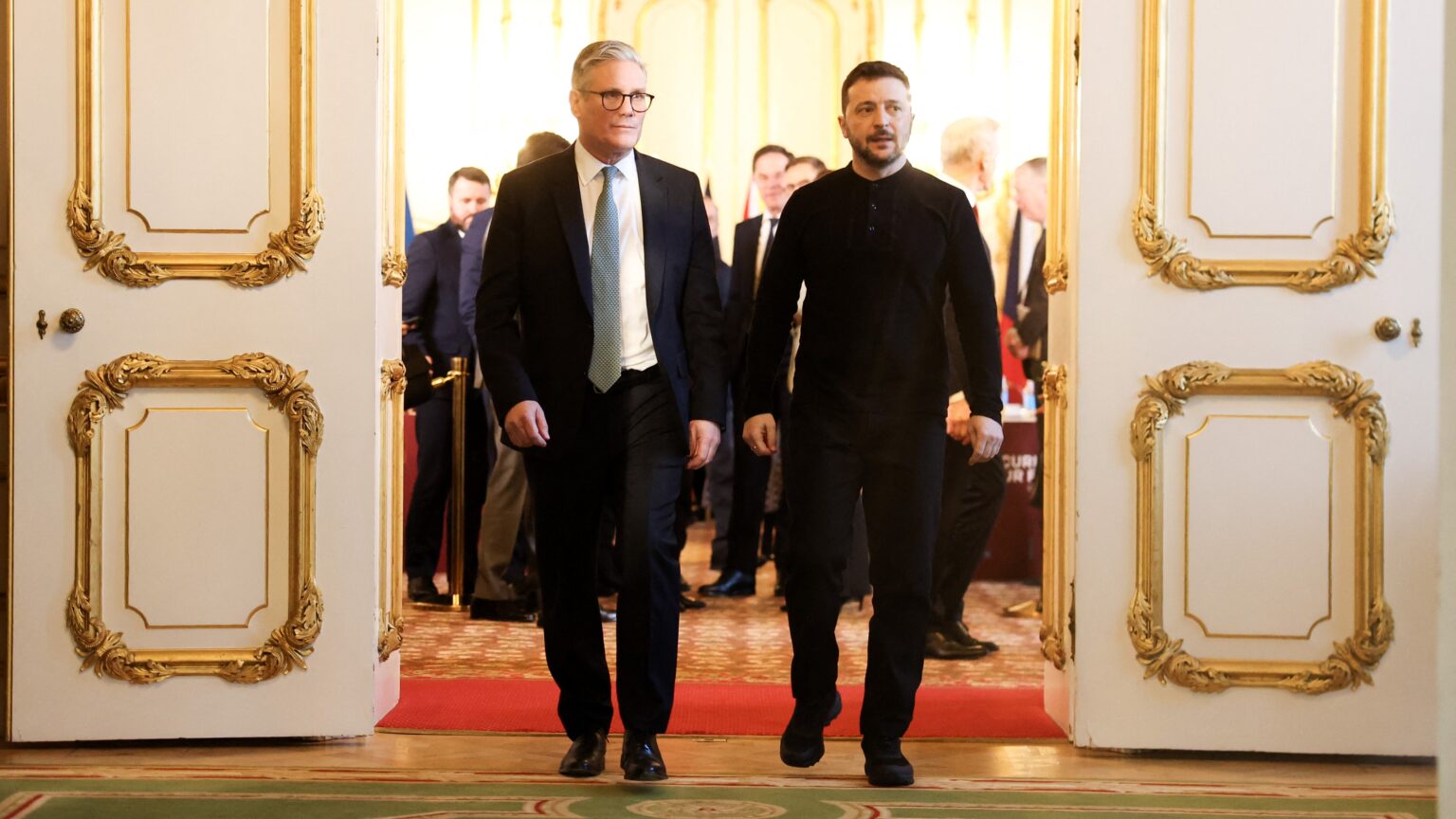
‘Why then would the U.S. now wish to abandon to uphold and defend the sovereign rights of a free country? Quite simply, because the Ukrainians do not have the manpower anymore to fend off Russian forces, let alone the political clout to regain its lost territories, including Crimea, regardless of European support.’
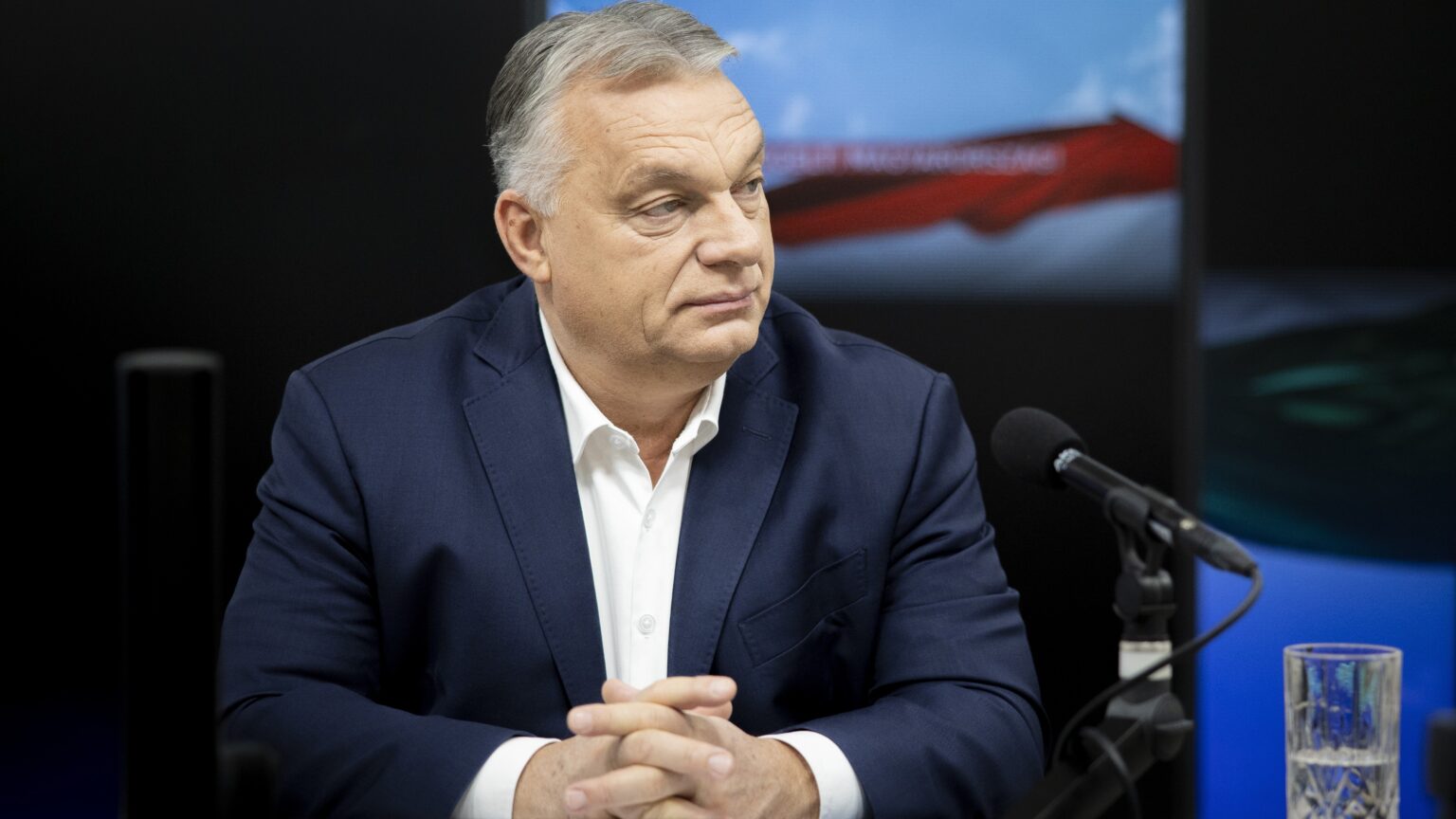
Ahead of the upcoming EU summit, Hungarian Prime Minister Viktor Orbán has called on Brussels to abandon military escalation in Ukraine and instead initiate peace negotiations, advocating a diplomatic strategy inspired by US President Donald Trump.
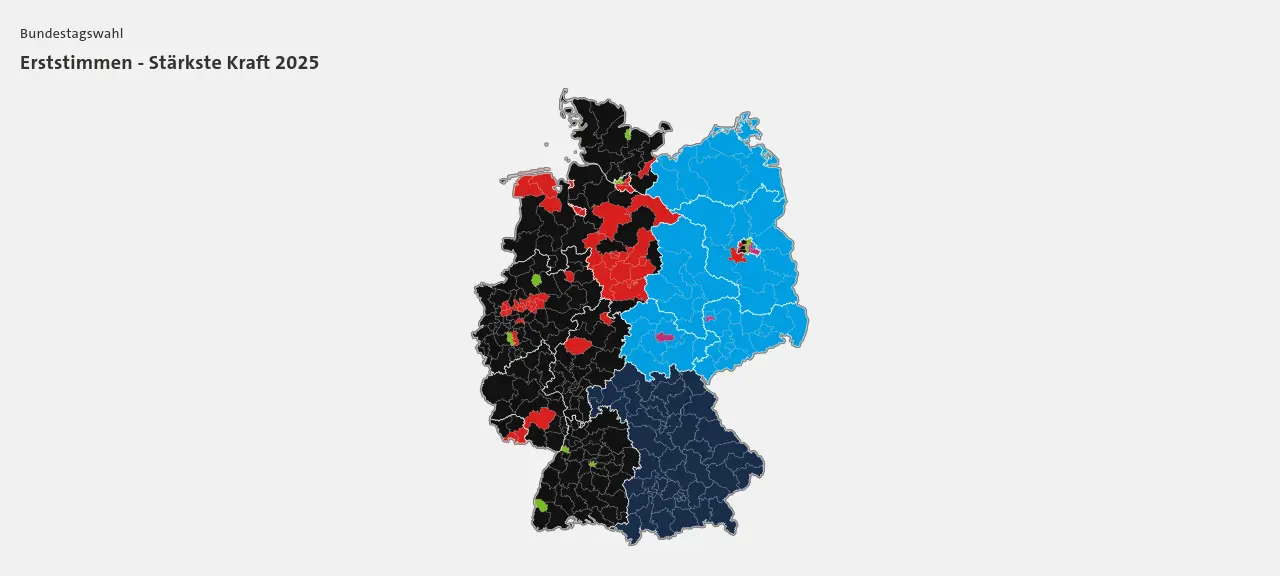
‘The emerging sovereigntist era unleashes nationalist energies that must be tempered and channelled constructively. Currently, Trump’s “America First” is swinging like a wrecking ball through the West’s liberal order. Also, a new zeitgeist is unfolding, upending our conceptual world and even shifting how we imagine space and time.’
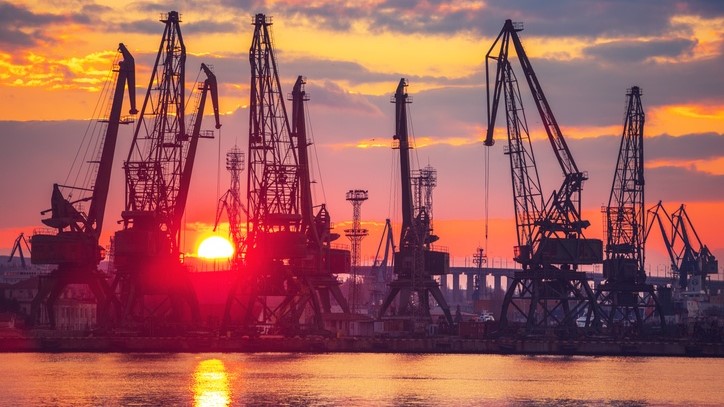
‘Hungarian Minister for National Economy Márton Nagy recently visited Bulgaria and met with President Rumen Radev, Deputy Prime Minister and Minister of Transport and Communications Grozdan Karadjov, Minister of Economy and Industry Peter Dilov, and Minister of Tourism Miroslav Borshosh. The meeting marks a significant step forward in bilateral relations.’
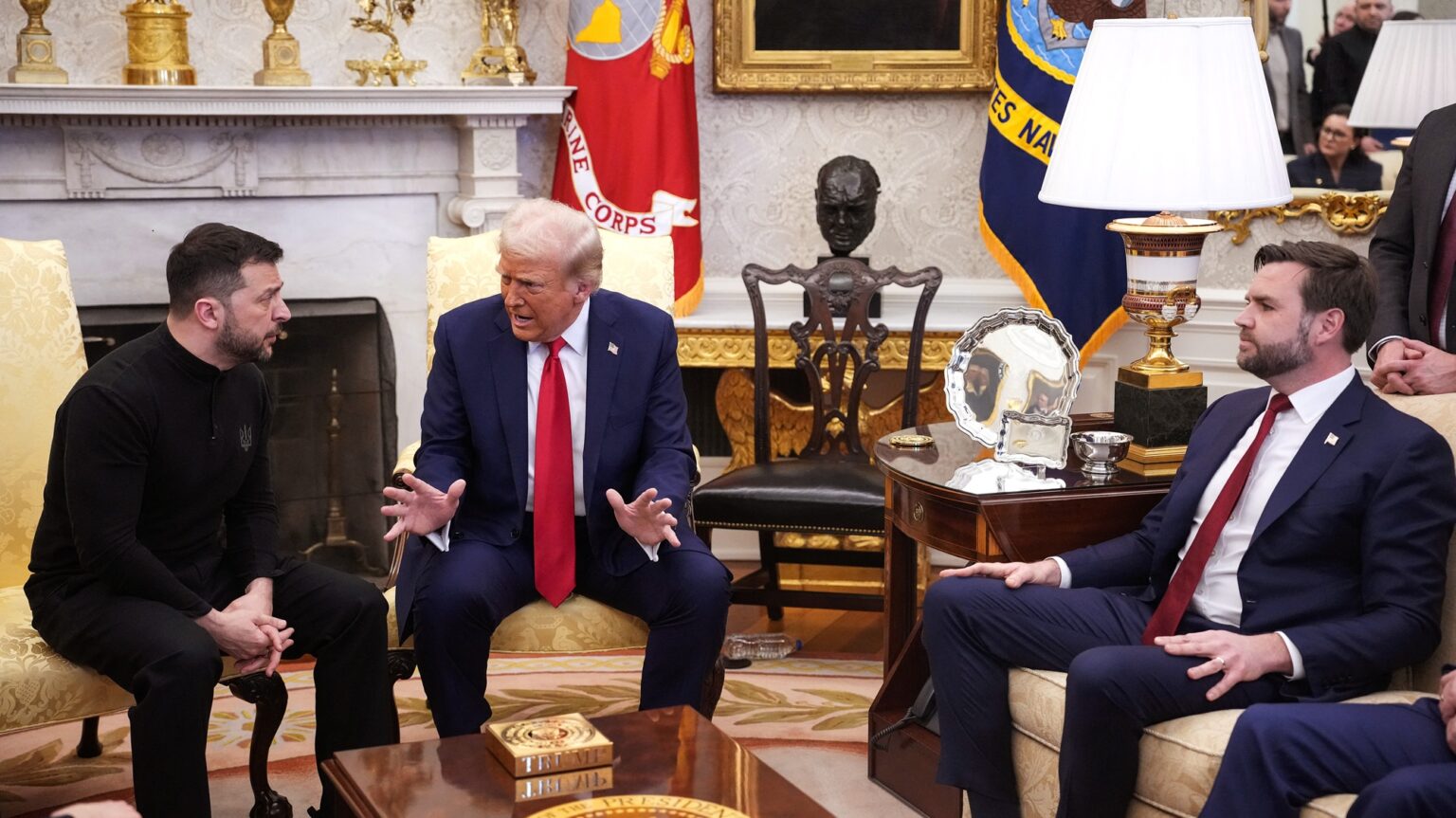
President Volodymyr Zelenskyy of Ukraine travelled to Washington, DC to sign the agreement that would create a co-owned fund between the US and Ukraine that would manage Ukraine’s rare earth minerals. However, the meeting came to a premature end, as President Trump asked Zelenskyy to leave after a tense discussion in front of the media, cancelling their scheduled lunch and joint press conference.
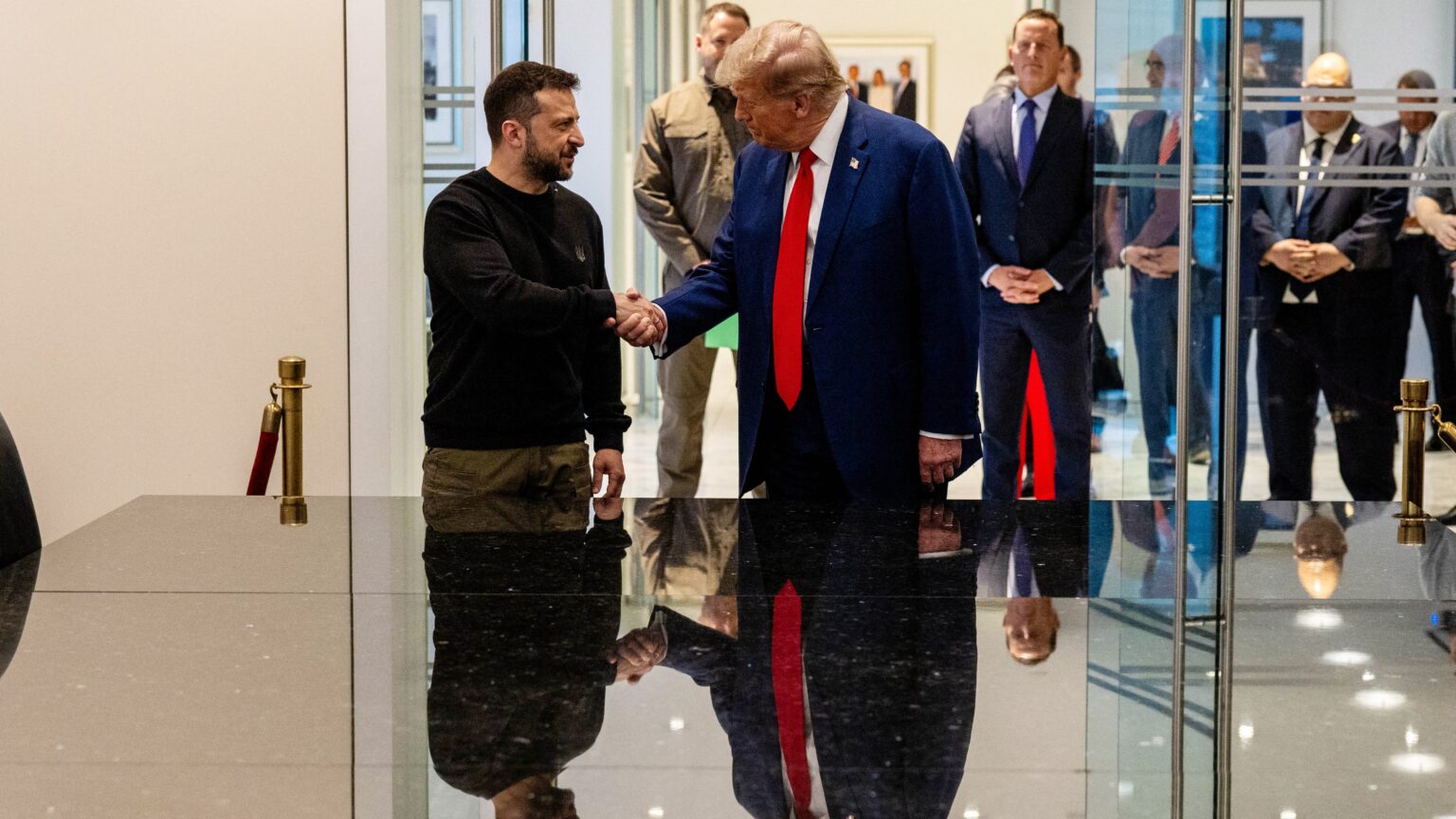
US President Donald Trump has expressed approval of Ukrainian President Volodymyr Zelenskyy’s possible visit to Washington on Friday to sign a US–Ukraine economic partnership agreement. Calling it a ‘major deal’, Trump emphasized its significance, particularly regarding rare minerals and broader economic cooperation.
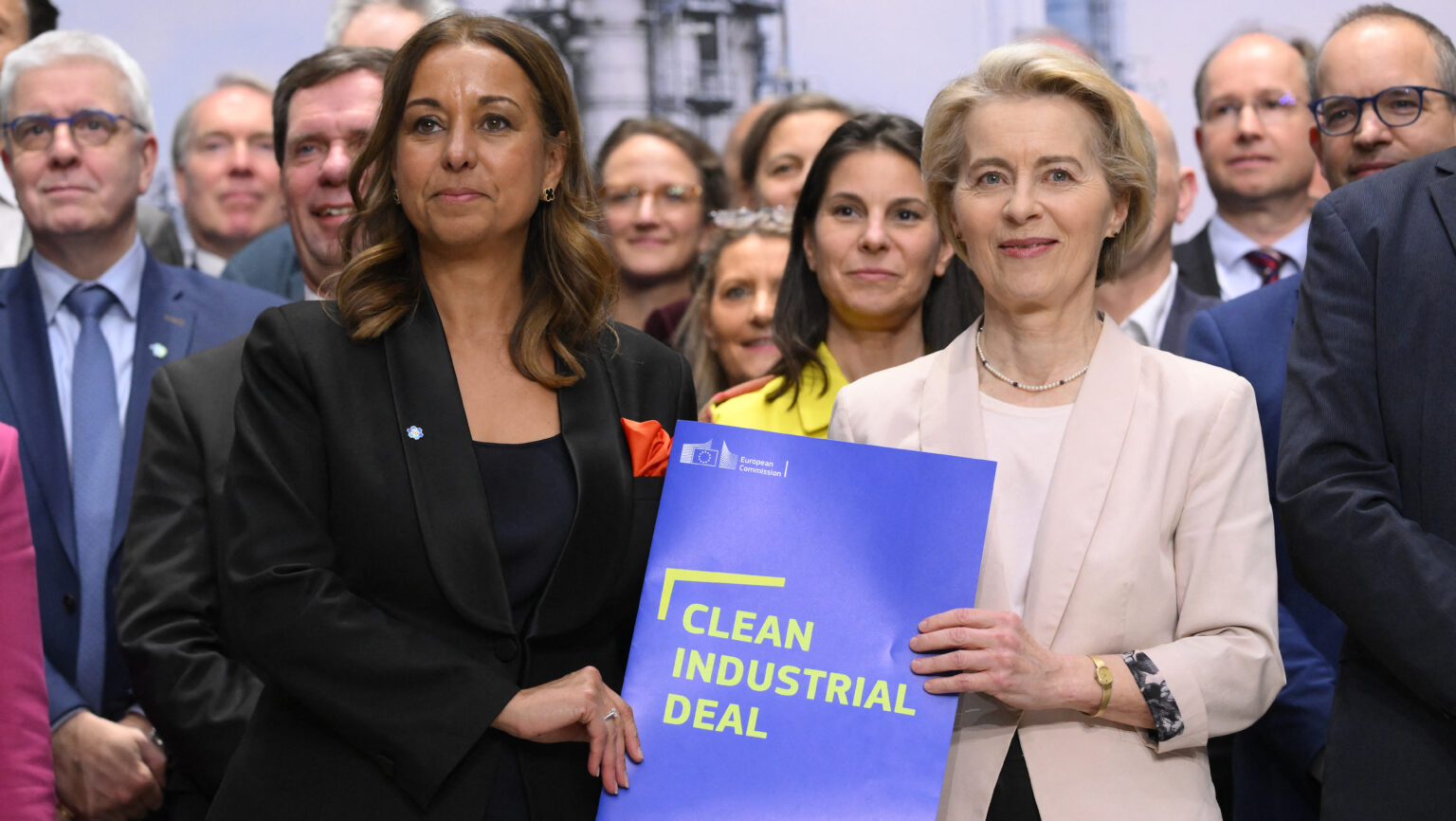
The European Commission unveiled its Clean Industrial Deal, consisting of efforts to promote the competitiveness and viable green transition of European industries. While Brussels seeks to present the CID as a groundbreaking initiative, it falls short of the decisive action needed to reposition the EU as an economic and innovation powerhouse.
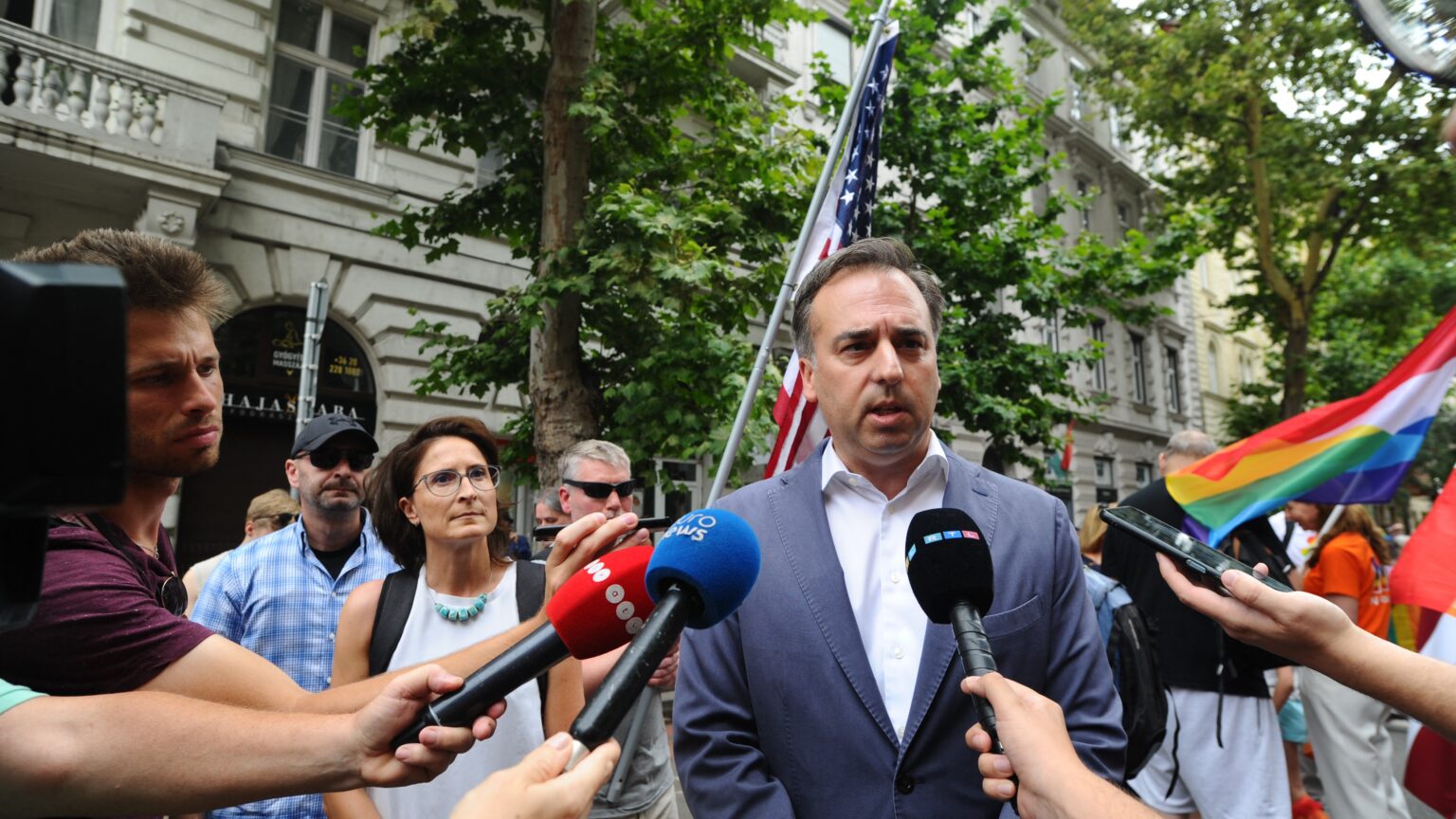
Former US Ambassador to Hungary David Pressman continues to badmouth Viktor Orbán and his government. This time, in an interview with American public broadcaster NPR, he claimed that under the guise of conservatism, Orbán embraces nihilistic corruption.
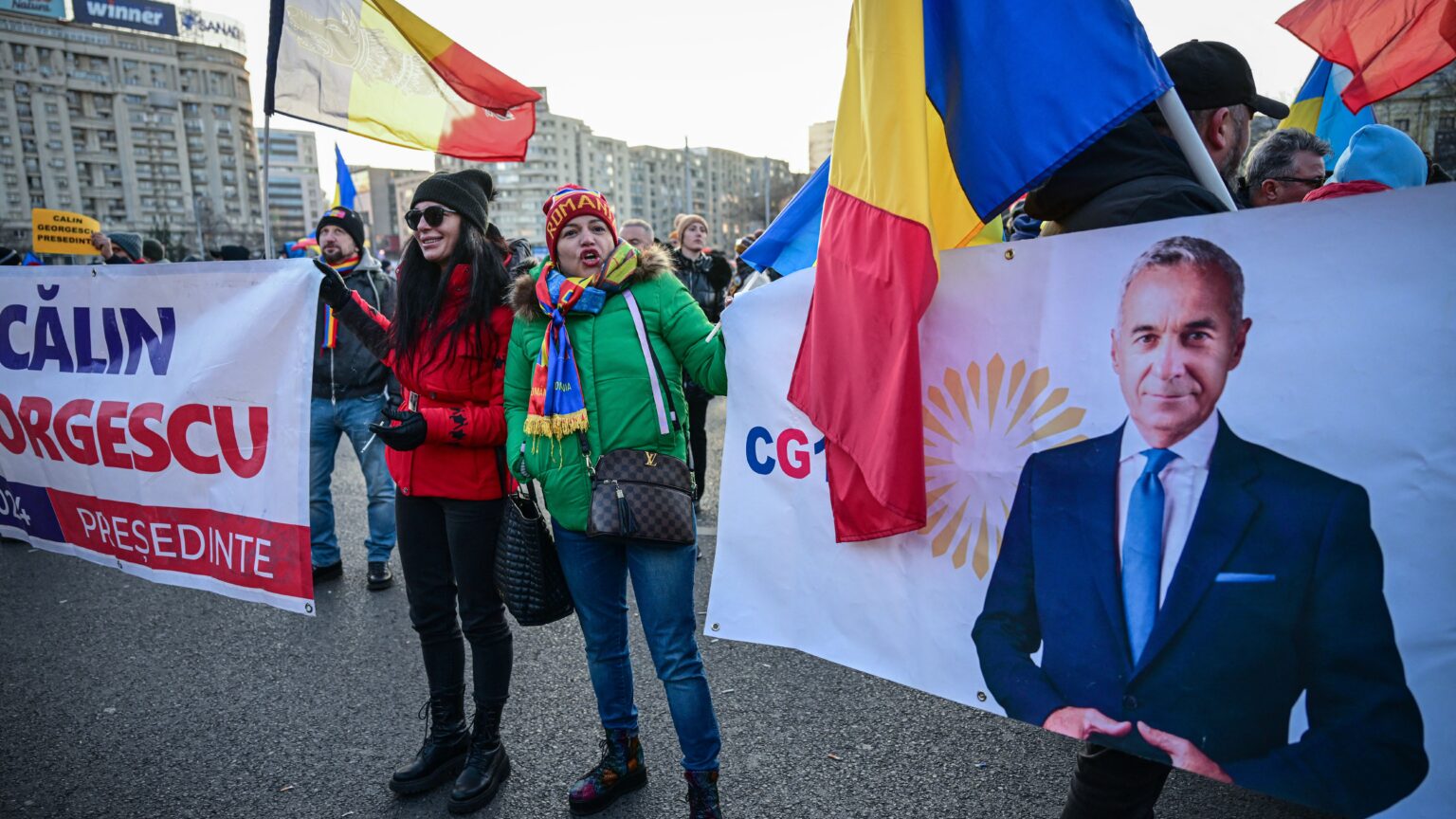
Just an hour ago, independent candidate Călin Georgescu, who had won the first round of the presidential elections in Romania, which was subsequently suspended by the Romanian Constitutional Court without any evidence, was arrested without prior notice.

‘…an attempt to invest into alternative suppliers…can be understood as an effort to diversify supply chains amid rising competition between Washington and Beijing. The United State’s quest to secure its supply of critical minerals is especially timely given the fact that a couple of months ago, in December 2024 China imposed restrictions on the export of several minerals and metals to the US.’
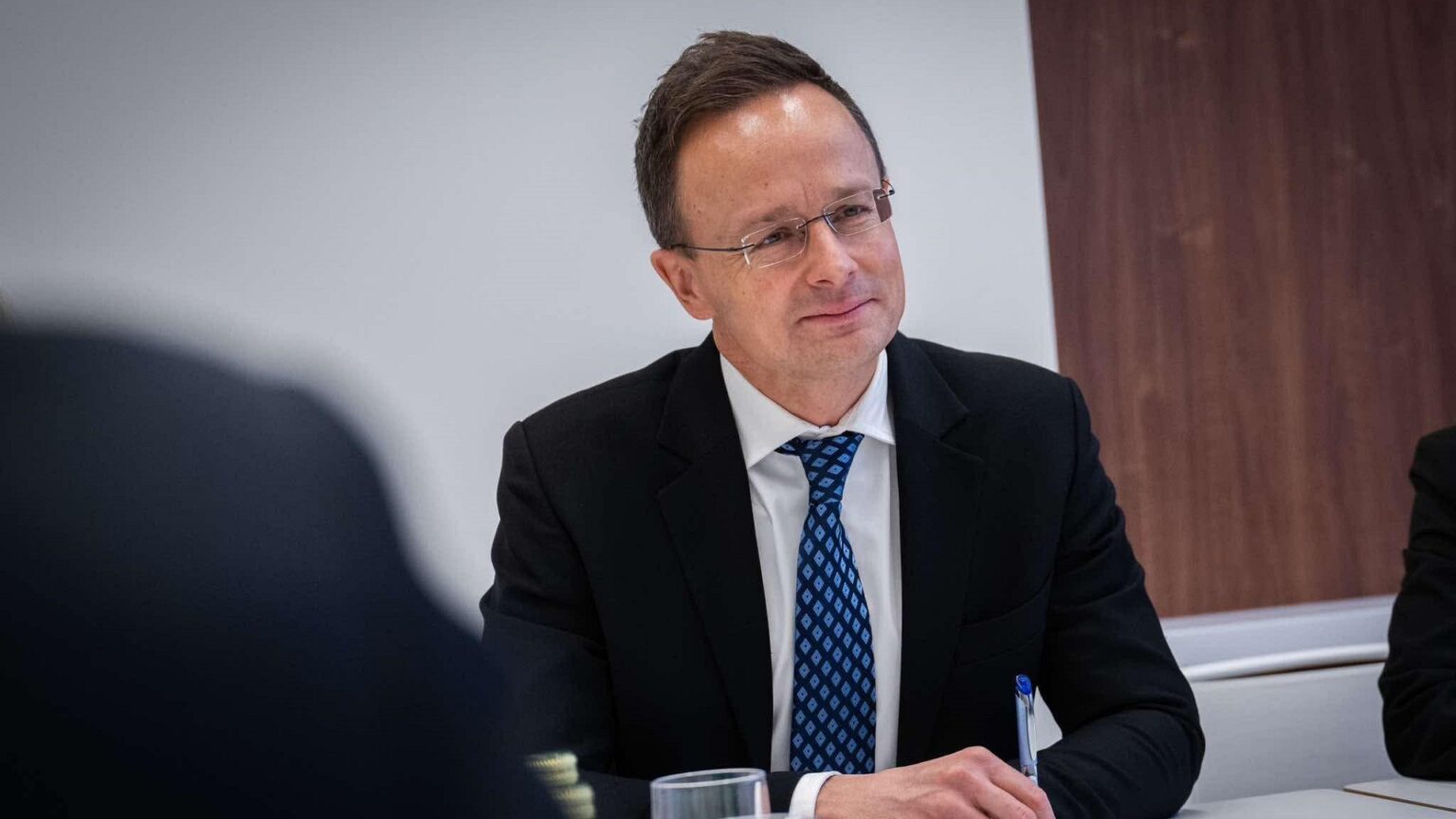
Foreign Minister Péter Szijjártó has given a speech at the United Nations’ Conference on Disarmament in Geneva, Switzerland. In it, he pointed out that Hungary has been saying for the last three years that only a Russian–American agreement can bring peace to Europe again, which is exactly what is happening now; and called on ‘pro-war leaders’ of the world not to obstruct the peace talks with Moscow.
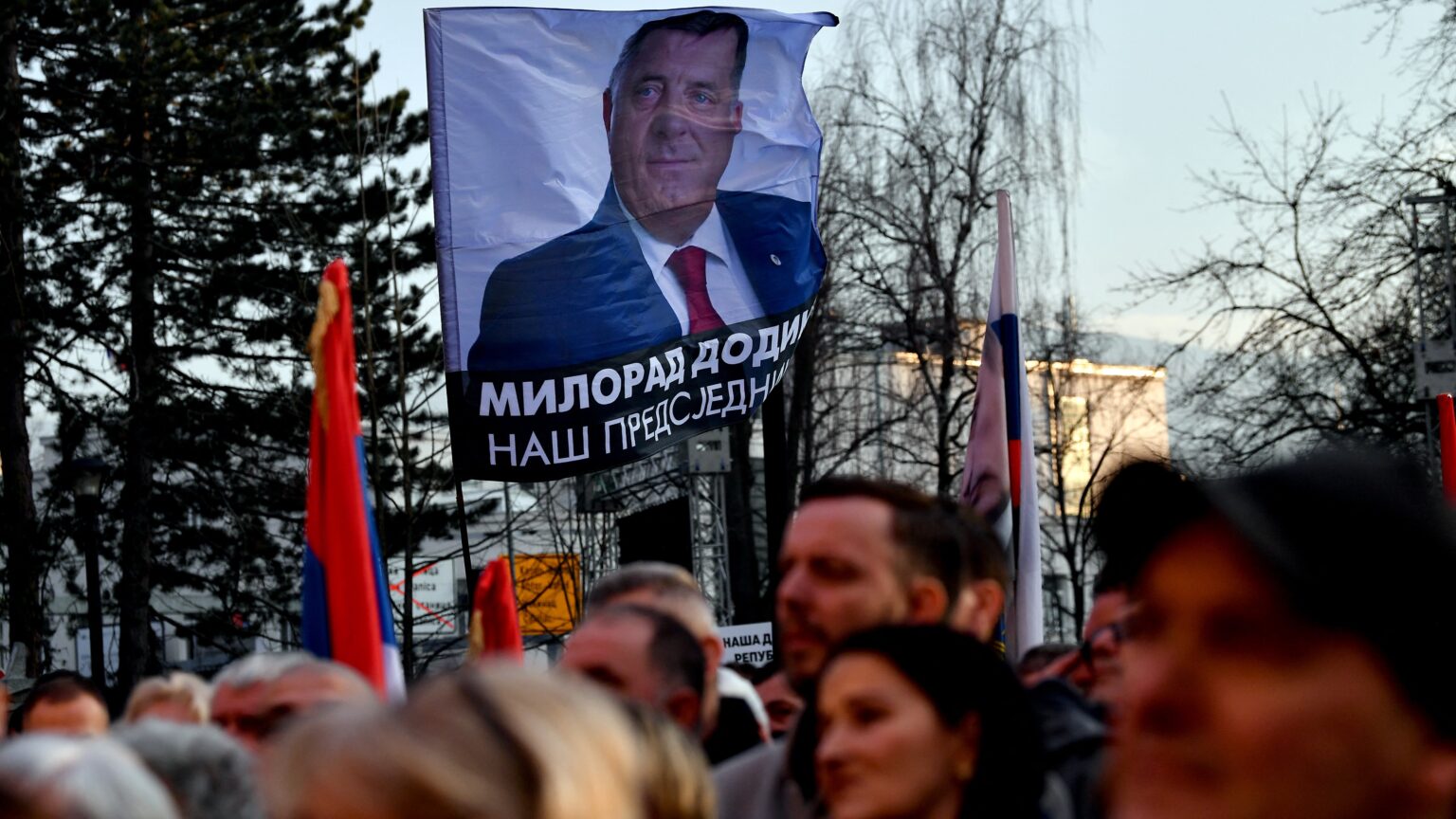
‘The verdict is expected on 26 February 2025. Until then, one thing is clear: this trial is not an act of justice but a dirty political manoeuvre with potentially devastating consequences for Bosnia and Herzegovina. It will not only decide Dodik’s future but also inflict lasting damage on the credibility of the Dayton framework.’
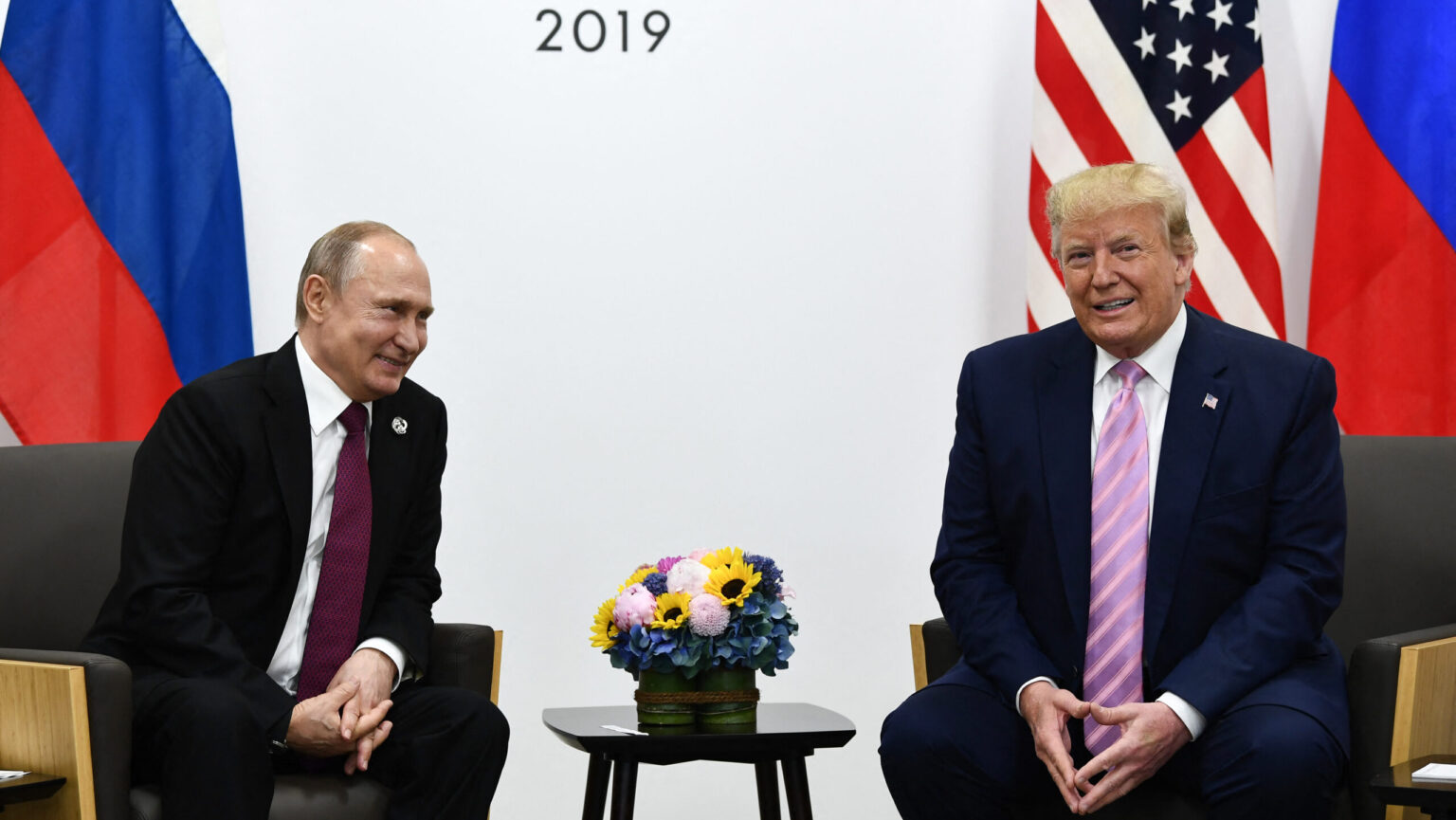
Russian President Vladimir Putin said on Monday that Russia is ready to cooperate with American companies regarding the country’s vast reserves of rare earth metals and minerals. The move weakened Ukraine’s negotiating position, as a similar deal is reportedly in the making between Washington and Kyiv, with only the final details left to be finalized.
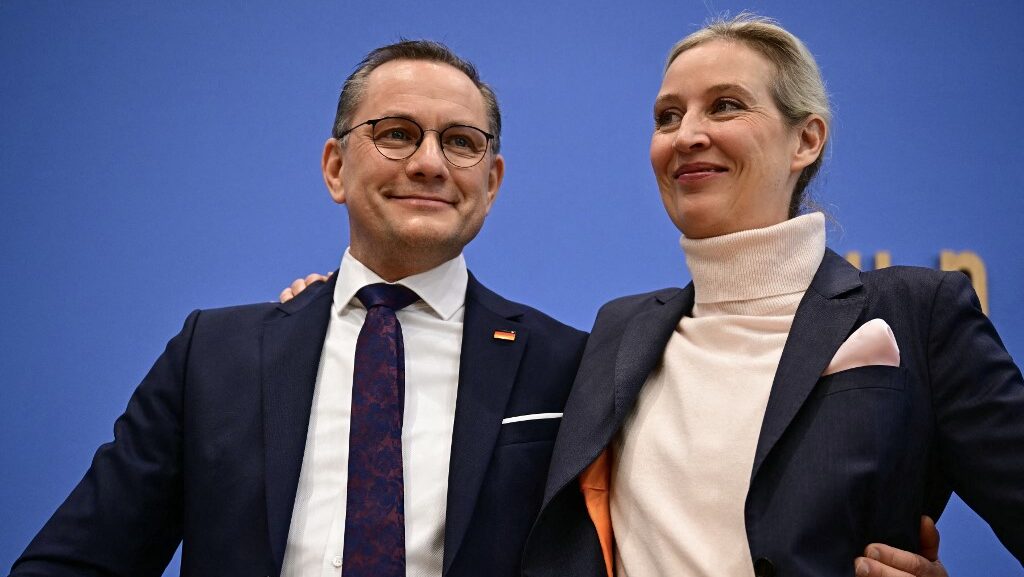
Friedrich Merz’s CDU was declared the winner of Germany’s early elections on Sunday, securing 28.5 per cent of the vote. However, the true victor of the election is undeniably the AfD, which nearly doubled its support and reshaped the long-standing political landscape of the EU powerhouse.
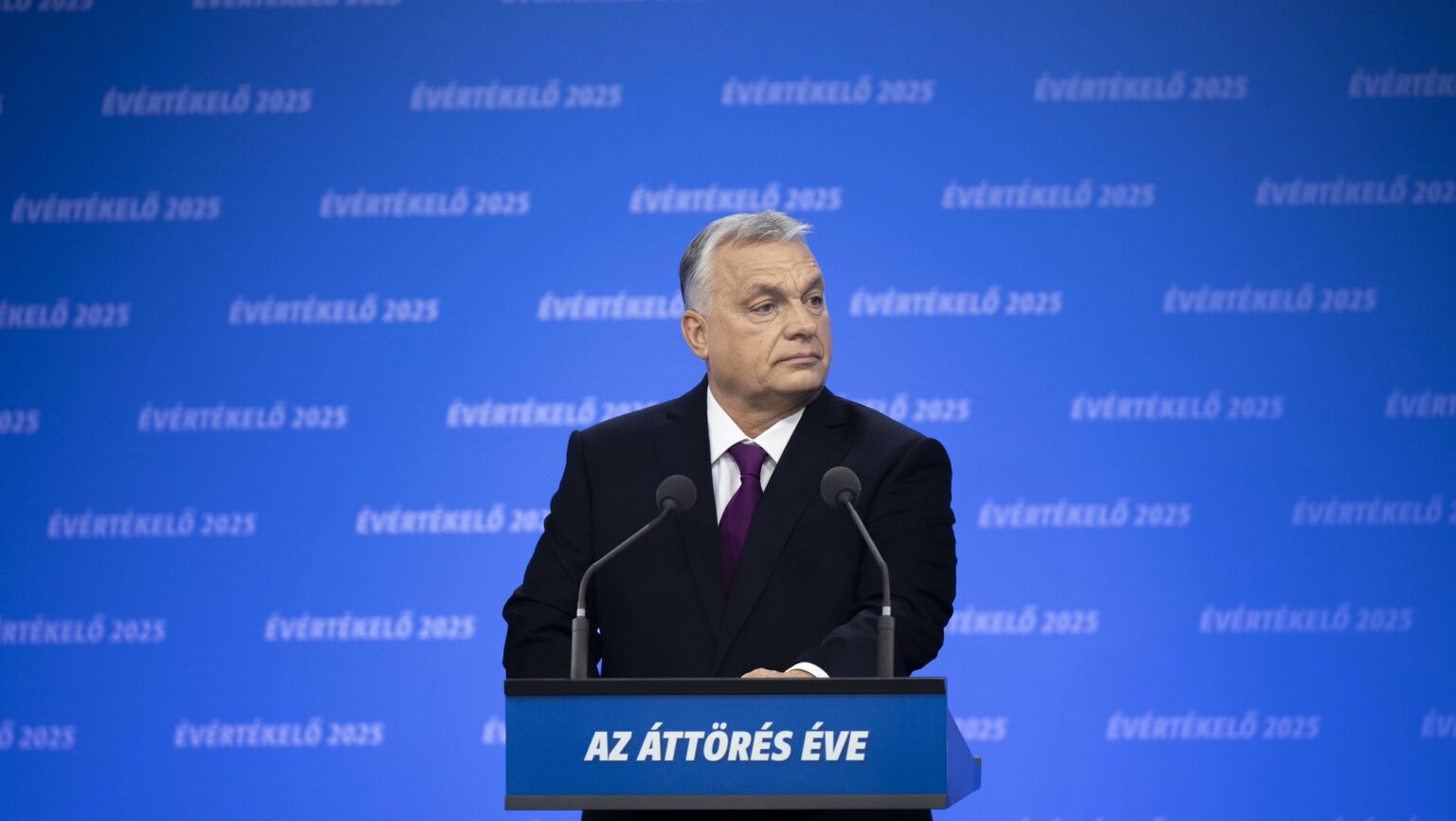
Hungarian Magnitsky Act, the appointment of a special envoy to Washington to collect evidence of USAID’s meddling in Hungary, and Europe’s largest tax cut—these are just a few of the vast initiatives Viktor Orbán announced in his annual State of the Nation speech. Highlighting Hungary’s political resilience, the Hungarian PM declared that 2025 would mark not just survival but victory, describing it as a ‘breakthrough year’.
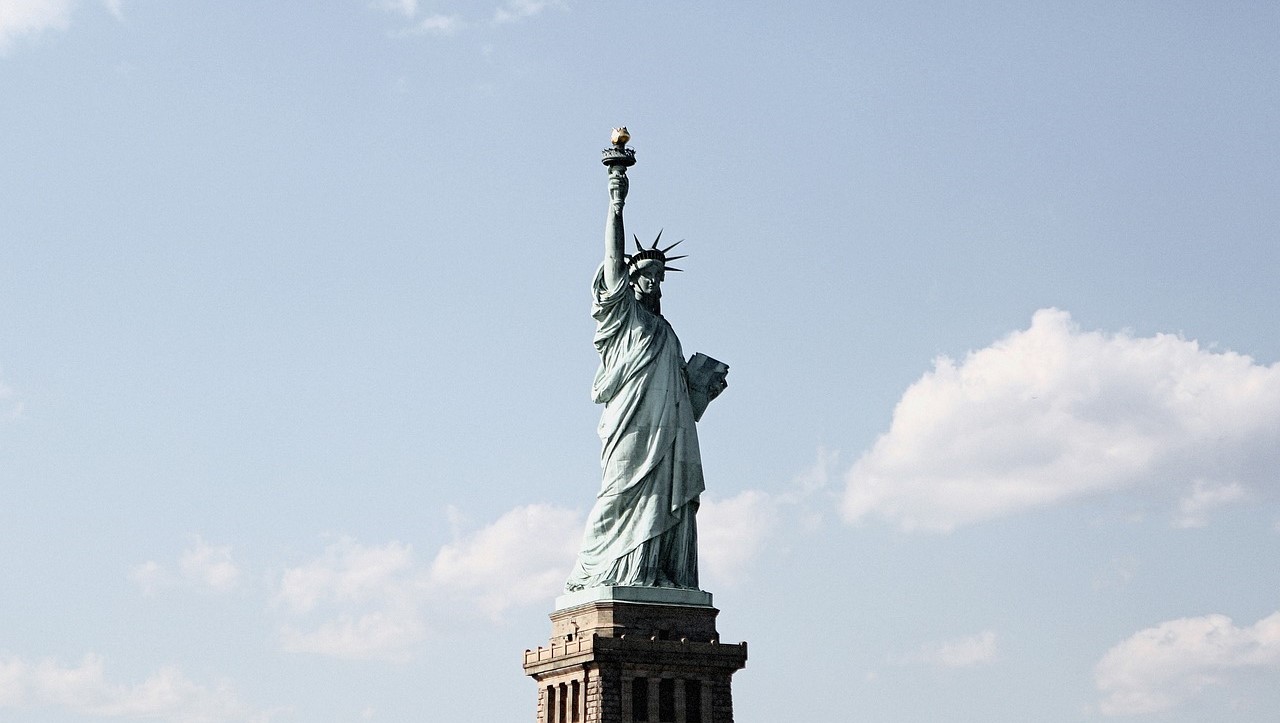
‘According to the Chinese zodiac, 2025 is the year of the snake, which symbolizes change and transformation. It thus may not be a coincidence that Donald Trump, who campaigned on a promise to bring about drastic changes in Washington, commenced his second term as President of the United States in this epochal year.’
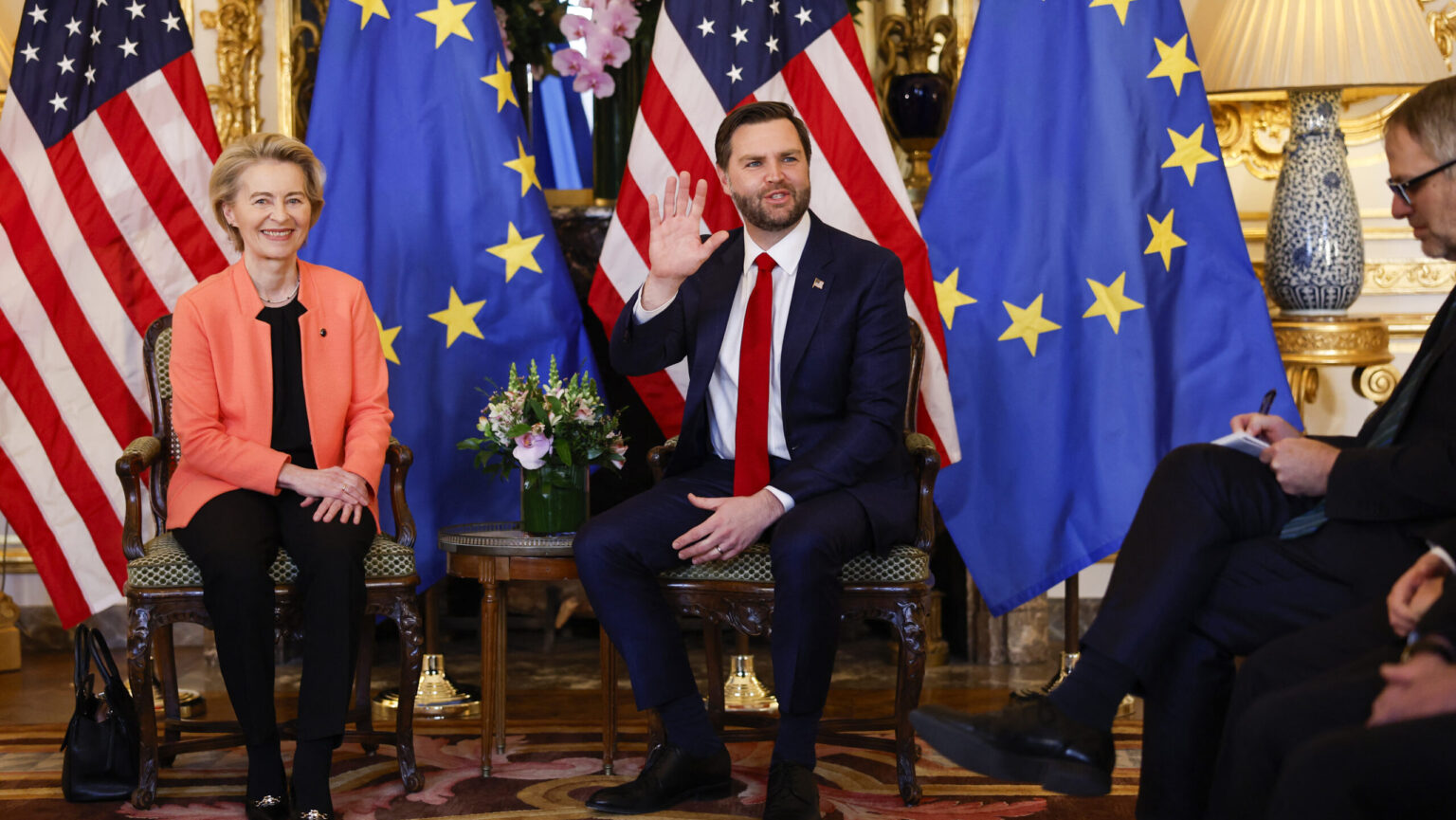
‘As Christoph Heusgen said, under the Biden regime, Washington and Brussels shared a “common value base”—apart from all those many continental voters and nations who did not share this same identikit set of leftist moral values, who had to be made to do so by means perhaps best described as “meddling in European democracy”.’